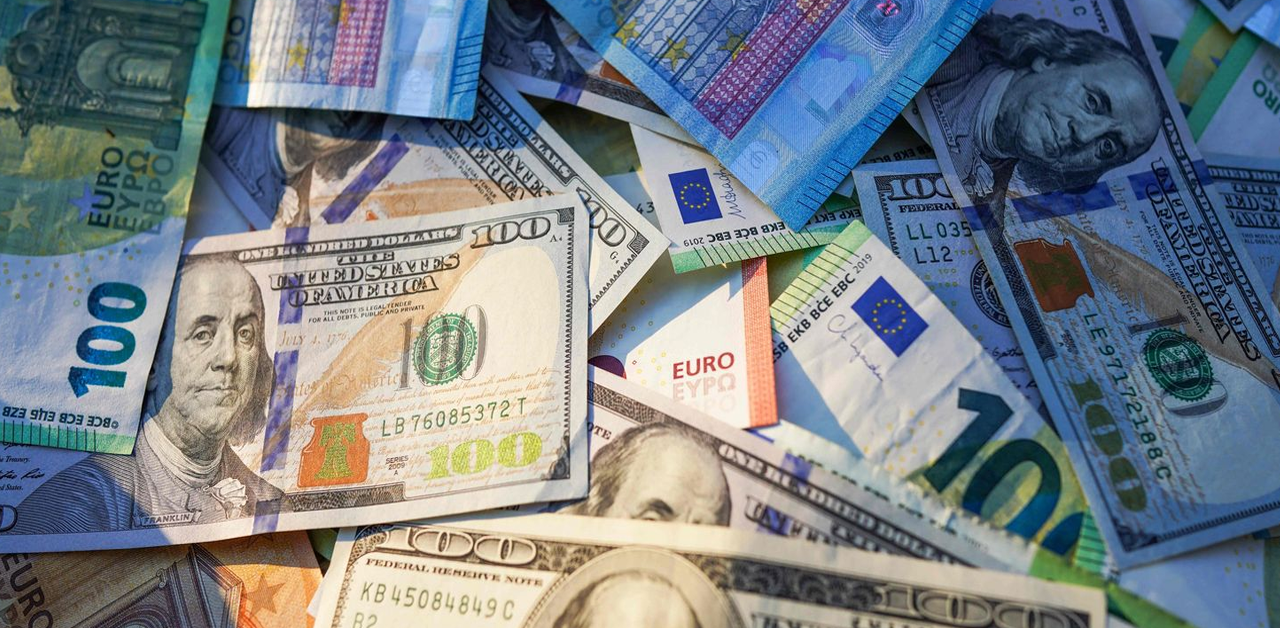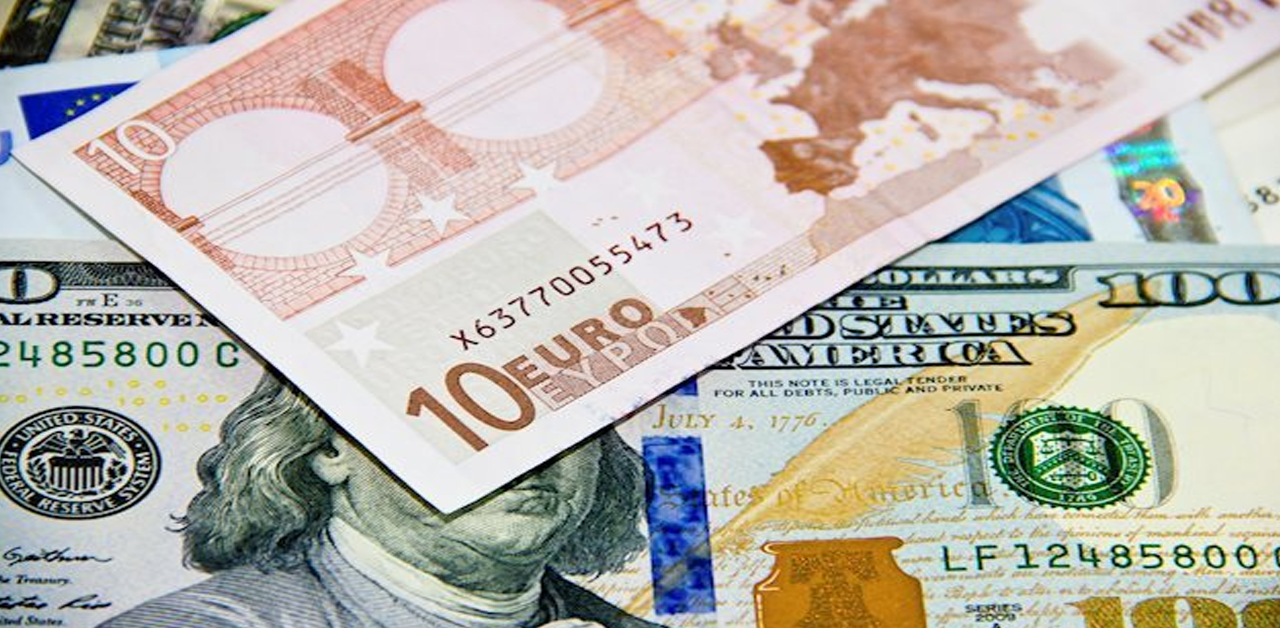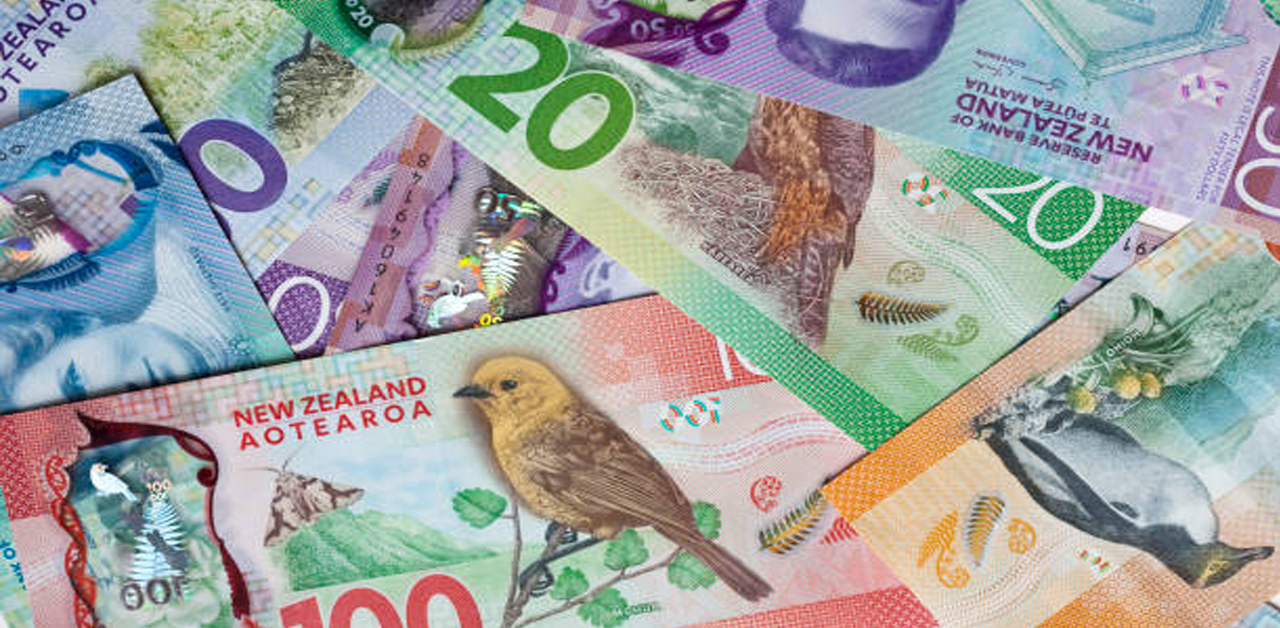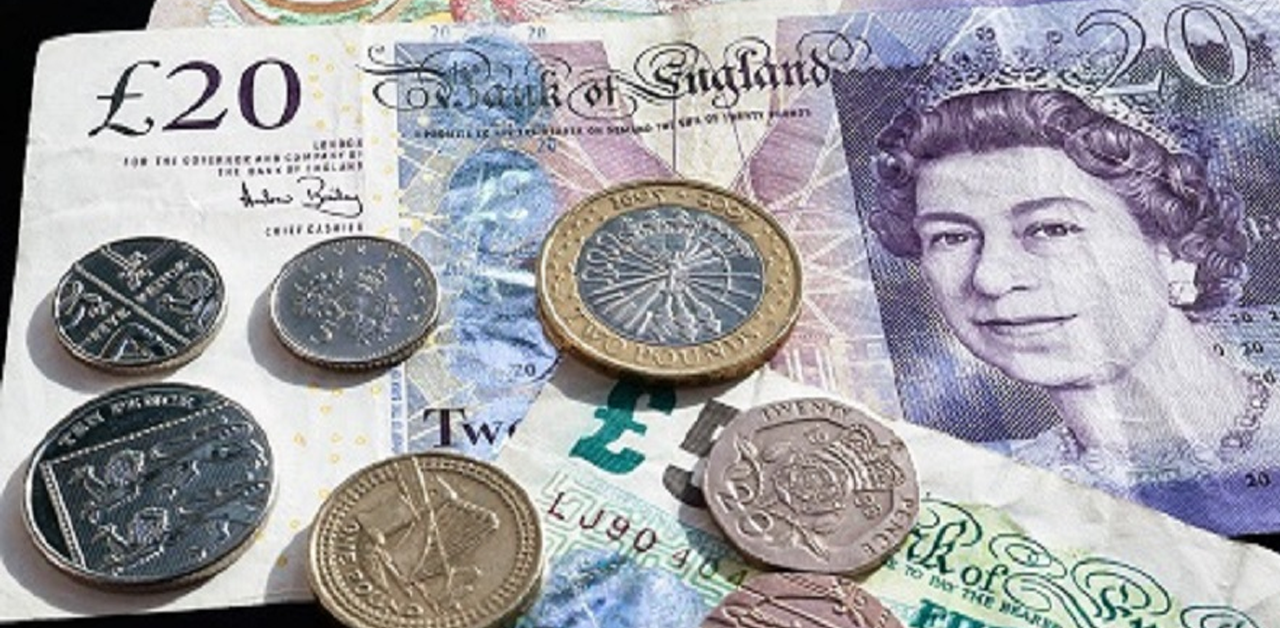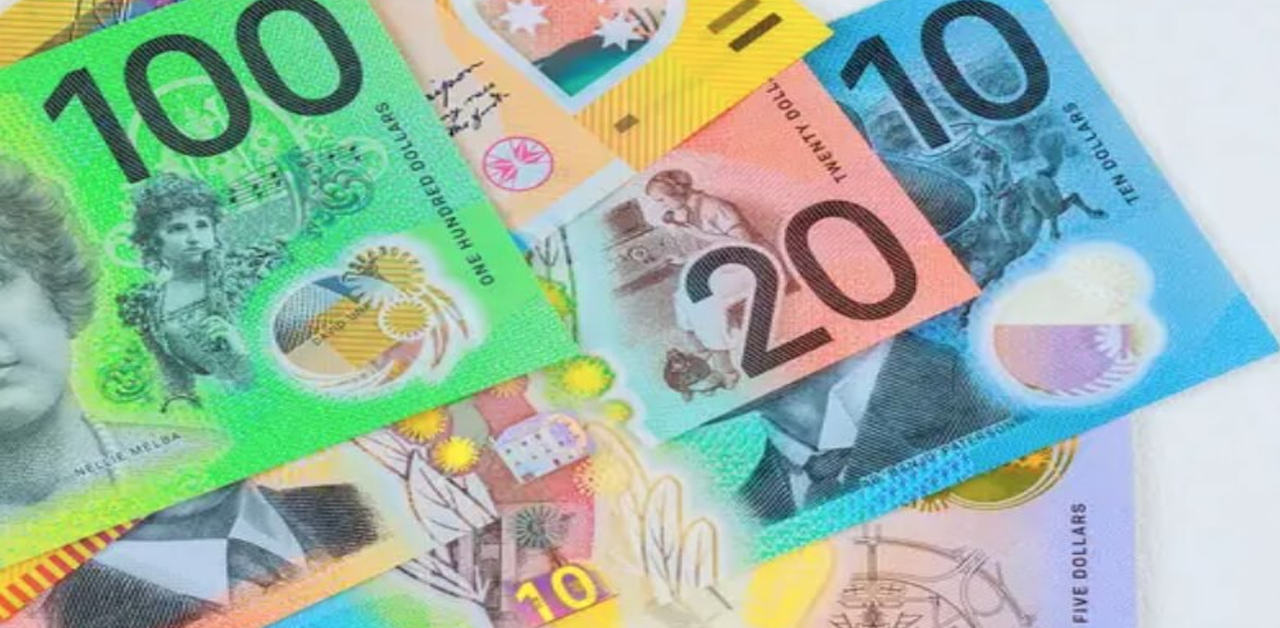The Australian Dollar (AUD) extends its decline for a second straight session on Tuesday, with AUD/USD trading lower despite an improvement in domestic sentiment data. Westpac Consumer Confidence surged 5.7% in August to 98.5, its highest level since February 2022, after a modest 0.6% rise in July. The lift comes as the Reserve Bank of Australia (RBA) has cut rates by a total of 75 basis points since January.
Matthew Hassan, Head of Australian Macro-Forecasting, noted that the prolonged period of consumer pessimism may be ending, though sustained momentum could still require further policy support. He added that the RBA faces no immediate pressure to deliver additional easing.
Meanwhile, the US Dollar (USD) remains supported as geopolitical headlines improve. US President Donald Trump announced preparations for a trilateral meeting with Russian President Vladimir Putin and Ukrainian President Volodymyr Zelenskyy. Trump confirmed Putin’s willingness to consider security guarantees alongside discussions on possible territorial arrangements. Zelenskyy welcomed Washington’s involvement, stressing the need for “true peace,” while also confirming new arms purchases from the US.
The US Dollar Index (DXY) rises for a second session, trading around 98.20 ahead of the Jackson Hole Symposium, where Fed Chair Jerome Powell’s speech may shape expectations for September’s policy decision.
Adding to USD support, US Treasury Secretary Scott Bessent suggested short-term rates should be 1.5–1.75% lower than current levels, hinting at the possibility of a 50-basis-point cut next month. He also confirmed that US-China trade officials will reconvene within two to three months to discuss bilateral economic ties, with tariff relief contingent on curbing fentanyl flows from China.
On the data front, US Retail Sales rose 0.5% in July, in line with forecasts but slower than June’s 0.9% increase. The preliminary Michigan Consumer Sentiment Index fell to 58.6 in August, missing expectations of 62.0.
Separately, the Trump administration broadened 50% tariffs on steel and aluminum imports, effective August 18, adding 407 product codes, while also signaling fresh levies on semiconductor imports.
Domestically, the RBA cut the Official Cash Rate (OCR) by 25 basis points at its August meeting, lowering it to 3.6% from 3.85%, as expected.

